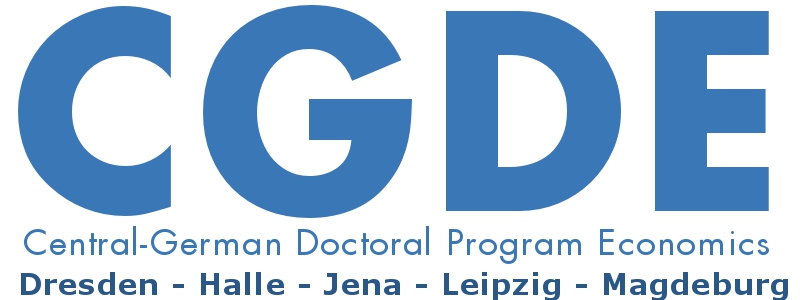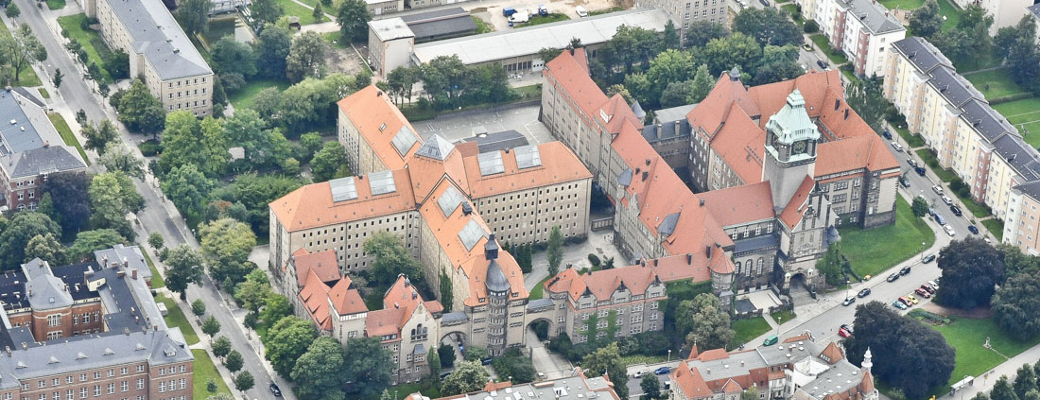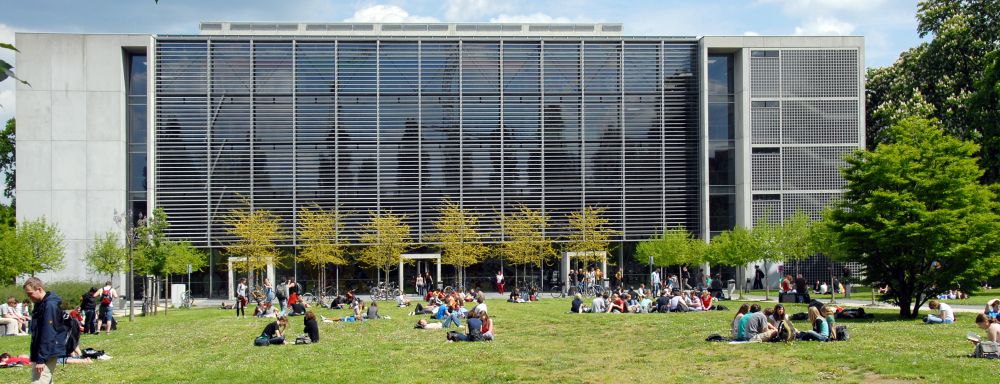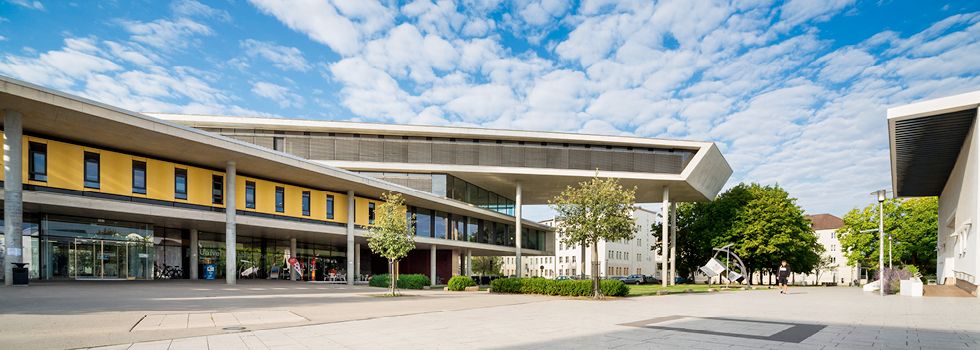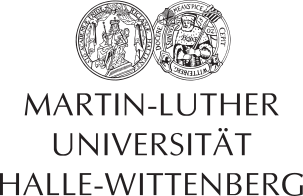Frontiers in Macroeconomics SS08
Frontiers in Macroeconomics
Lecturer: Prof. Theo Eicher (University of Washington, Seattle)
Date: April 21, 2008 – April 25, 2008 (Universität Leipzig)
Venue: Faculty of Economics and Business Administration (room 400), Universität Leipzig
Registration: schumer@wifa.uni-leipzig.de
Course description
Why is Britain richer than Burma? And what determines whether future generations share increasing standards of living? Can governments undertake simple policies to double the average income in ten to twenty-five years? The answers to these questions require an understanding of the basic mechanics of economic growth. The consequences for human
welfare are staggering.
These lectures provide (1) a survey of the historical development in Growth Theory, (2) a critique of the New Growth Theory, (3) an in-depth explanation of empirically consistent models of growth, and (4) an assessment of the empirical relevance of recent growth models, (5) new approaches to development and growth (specifically “institutions”), and (6) a look at new methods to address the heterogeneity of country experiences in the growth process.
The syllabus outlines the readings for the course. Readings marked with an asterisk “*”are central to the lectures.
Course topics
Course 1: A Brief History of Growth Theory: Precursors and the First Generation Endogenous Growth Models.
Course 2: The Power of Empirics: Towards An Empirically Relevant Growth Models: Second Generation, “Non-Scale” Endogenous Growth Models (Theory/Empirics).
Course 3: The Final Frontier? Institutions and Growth (Empirics).
Course 4: A) Modeling Institution (Theory). B) Does One Size Fit All? The Dawn of Heterogeneity (Empirics).
Course 5: Dealing with Heterogeneity (Methods).
Course 6: Bayesian Model Averaging and Economic Growth.
Reading
All readings are listed here: PDF.
